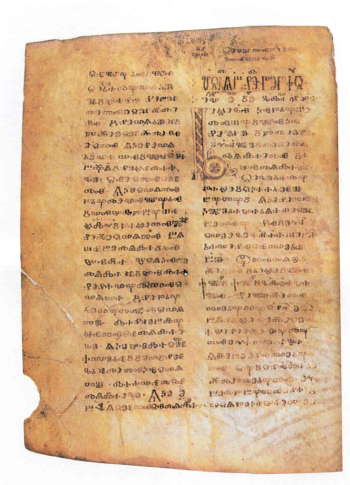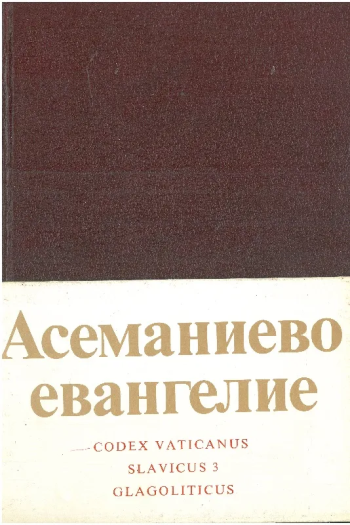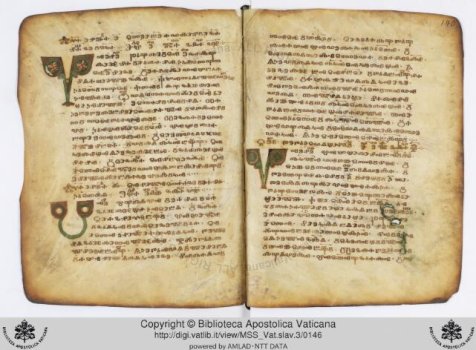Luke 23:38
And a superscription also was written over him in letters of Greek, and Latin, and Hebrew, This Is The King Of The Jews.
John 19:20
This title then read many of the Jews: for the place where Jesus was crucified was nigh to the city: and it was written in Hebrew, and Greek, and Latin.
John 12:20
And there were certain
Greeks among them that came up to worship at the feast:
Acts 14:1
And it came to pass in Iconium, that they went both together into the synagogue of the Jews, and so spake, that a great multitude both of the Jews and also of the
Greeks believed.
Acts 16:1
Then came he to Derbe and Lystra: and, behold, a certain disciple was there, named Timotheus, the son of a certain woman, which was a Jewess, and believed; but his father was a
Greek:
Acts 17:4
And some of them believed, and consorted with Paul and Silas; and of the devout Greeks a great multitude, and of the chief women not a few.
Acts 17:12
Therefore many of them believed; also of honourable women which were
Greeks, and of men, not a few.
Acts 18:4
And he reasoned in the synagogue every sabbath, and persuaded the Jews and the Greeks.
Acts 19:10
And this continued by the space of two years; so that all they which dwelt in Asia heard the word of the Lord Jesus, both Jews and Greeks.
Acts 19:17
And this was known to all the Jews and Greeks also dwelling at Ephesus; and fear fell on them all, and the name of the Lord Jesus was magnified.
Acts 20:21
Testifying both to the Jews, and also to the Greeks, repentance toward God, and faith toward our Lord Jesus Christ.
Acts 21:37
And as Paul was to be led into the castle, he said unto the chief captain, May I speak unto thee? Who said, Canst thou speak Greek?
Romans 1:14
I am debtor both to the Greeks, and to the Barbarians; both to the wise, and to the unwise.

www.biblegateway.com














